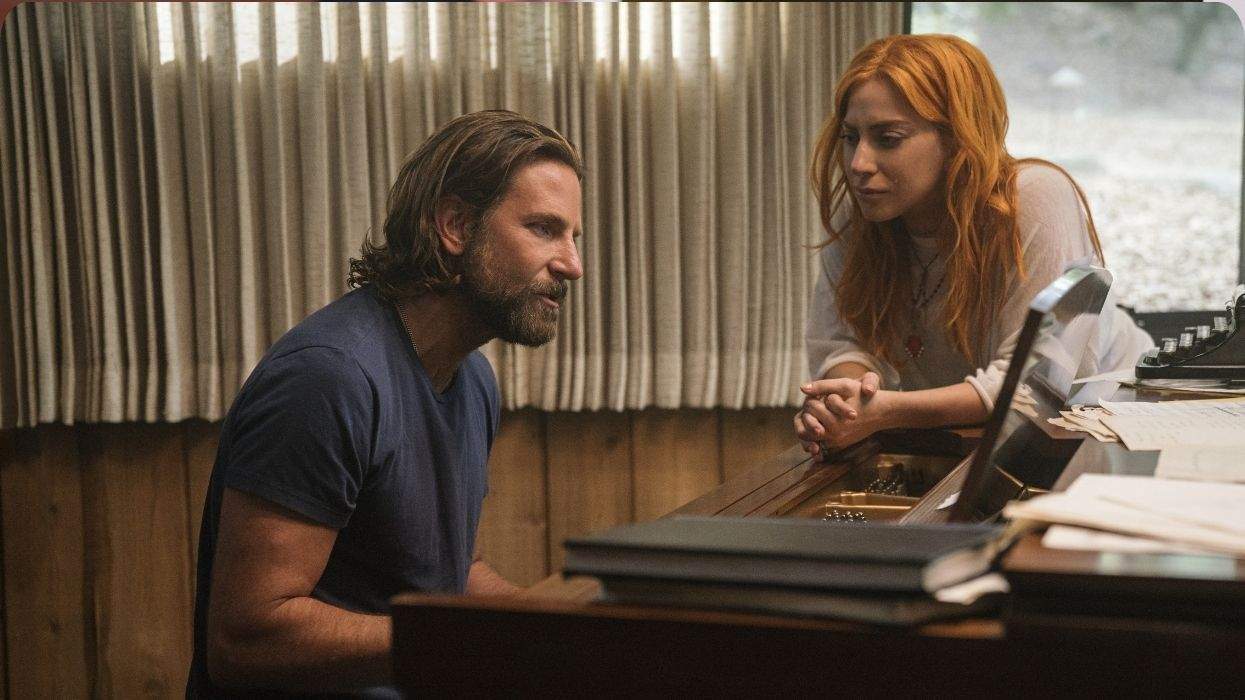It has been almost 30 years since my son, Ryan White, died. As I reflect on another anniversary of the passage of the Ryan White Act, I can't help but think of those who suffered as Ryan did but whose names we'll never know. It is now time to ensure that his story and the stories of those unknown fighters are never forgotten.
It is time to create a space for ourselves.
The newly dedicated Hemophilia Memorial Circle at the National AIDS Memorial now serves as a space where members of the hemophilia community can congregate without fear and remember those we lost. The power of having a physical space to grieve, commemorate, and redouble our efforts to make sure this never happens again cannot be understated. Thousands of mothers who share the common bond of losing a child will finally have a place to visit. We will have a physical site to mark what happened and warn others to never let it repeat itself.
The Hemophilia Memorial Circle can be inscribed with names of people like my son, Ryan, and members of the hemophilia community whose stories are interwoven with the story of AIDS. The time has finally come to preserve, in perpetuity, this important part of history.
Ryan was born with hemophilia, a genetic condition that prevents a person's blood from clotting. It affects thousands of people in the U.S. When Ryan was diagnosed with the condition at three days old, I was told that he would never be able to lead a normal life. There was, however, an opportunity to help him. There was a drug -- not yet approved by the Food and Drug Administration -- that could possibly make his days better, and I jumped at the chance.
The hope we had for Ryan quickly turned back into fear as we found out the medicine he needed to stay alive was contaminated through a tainted blood supply. People with hemophilia receiving the treatment began to acquire HIV. Ryan was diagnosed with AIDS, and his story quickly captivated the nation and the world.
The journey that people with hemophilia in this country have embarked on is both a dark and a hopeful one. Ryan faced both the darkness of a frightening and painful disease and the hope of the country that galvanized around him. I watched as each moment passed.
Ryan faced discrimination at every turn. He was shunned by his community and wasn't allowed to attend school. He had to try to live his life among people who didn't know -- and wouldn't learn -- about what he was dying from. It was agonizing. As a mother, there is nothing worse than feeling as though you can't help your child when they need it the most.
We were roundly ignored by both our government and the drug companies that were supposed to help us. We fought fiercely against an epidemic and the stigma and discrimination that came with it. We spoke out about both hemophilia and the resulting HIV infections that were now so intertwined. We vowed to ensure that this never happen on our watch again.
Ryan died April 8, 1990. Until now, we have not had a formal place of our own to remember the devastating effects of AIDS on the hemophilia community. Now we do.
The Hemophilia Memorial Circle at the National AIDS Memorial is an essential step forward to recognizing what people in our community have known for decades: that hemophilia needs to be known, seen, and talked about. The ability to gather, remember, and heal is of the utmost importance.
In the coming months as the names of lost loved ones and supporters are inscribed in this memorial and their names read aloud on World AIDS Day, we help keep their stories, their love, and their memories alive in our hearts forever.
This year marks nearly 30 years since the Ryan White Comprehensive AIDS Resources Emergency (CARE) Act was signed into law, creating the most extensive federal program that provides services exclusively to people living with HIV. Ryan White, a person with hemophilia whose story captivated our nation and the world, never lived to see passage of the new law, but his bravery, courage and heart will never be forgotten. His mother, Jeanne White-Ginder, a prominent activist and supporter of both the hemophilia and HIV/AIDS communities, was a strong advocate for the Hemophilia Memorial Circle at the National AIDS Memorial in San Francisco. To learn more visit www.aidsmemorial.org.















